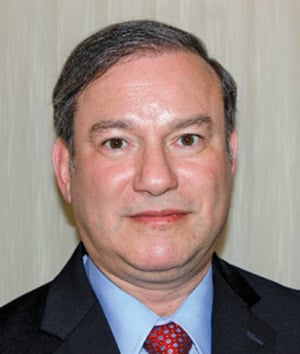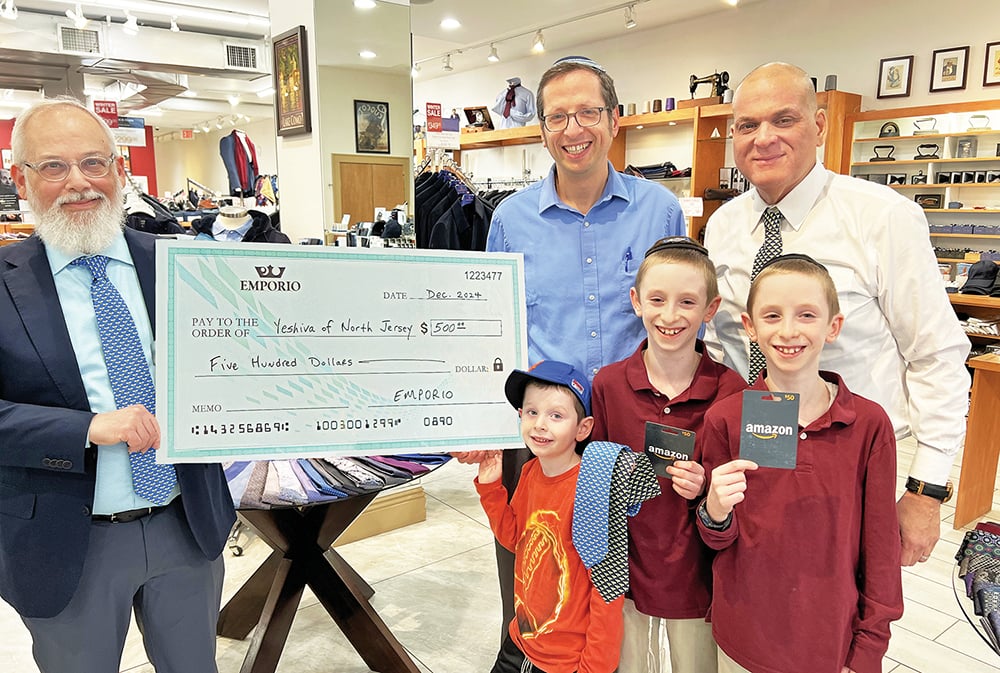
You might be surprised to learn that the Torah discusses the topic of retirement. In Bamidbar we read the Levites had a mandatory retirement age. “From fifty years of age they shall withdraw from working and they shall no longer work” (8:25). The commentaries discussed what it meant to be retired. While we live longer these days and retirement age is usually in our 60s, the question of what we should do in retirement is just as relevant today as it was in the ancient times when the Levites served in the Tabernacle.
Rashi was of the opinion that mandatory retirement meant that the Levites had to refrain from harsh physical labor, such as carrying the heavy artifacts on their shoulders. However, they were still required to be productive in some other way. For example, if they could sing or play musical instruments they should continue to do so. If they could be the gatekeepers or greeters they should continue to do that. Rashi believed that it was important to stay productive in any way possible even in the retirement years.
The Rambam interpreted the verse more conservatively. When the verse actually says twice “they shall withdraw from working” and repeats “they shall no longer work,” it meant coming to a complete stop in terms of working. He did not believe that half-time retirements were indicated for the Levites. They were either in the workforce or they were out.
This debate about what to do in retirement sounds familiar when we think about it in our times. Assuming we have the health and wealth to stop working, what do we do with this newfound commodity of time? For some, this is a time to sleep late, travel, or enjoy all those leisurely pursuits they never had time for while they were previously employed. For others, it is now a time to grow intellectually or spiritually. Retired people are now joining “kollels” set up especially for older adults so they can learn more Torah. Others are auditing college courses or learning new skills, such as how to play golf or bridge. Still others find enjoyment in starting a new career or working part time.
There are many quotes that have been written about retirement. “Retire from work, but not from life.” “Retirement is not the end of the road. It is the beginning of the open highway.” “Retirement is wonderful if you have two essentials: much to live on and much to live for.” Then there is the funny quote, “A retired husband is often a wife’s full-time job.”
In ancient Greece they used to have torch races. The point of the race was not necessarily to simply get to the finish line fastest. Instead, the idea was for each runner to keep his torch lit until he made it to the finish line. If he simply got to the finish line first but his torch had blown out along the way he was considered a loser. This was how the tradition for the Olympic relay torch run began.
Perhaps we need to see our lives in retirement in the same way. The idea is not simply to get to the finish line having lost our zeal for life along the way during the retirement years. Instead, we need to keep that torch alive, living our golden years with enthusiasm and staying creative and open-minded.
Yehoshua was referred to as a lad in the Torah (Shemot 33:11) even though he was a middle-aged man of 56. The commentaries tell us that he was still youthful and open-minded despite his age.
The Torah teaches us that although Moshe was 120 years old when he died, his eyesight had not dimmed nor had his strength diminished; he was still a vigorous man. (Devarim 34:7)
May Hashem bless us so we find purpose and meaning in our retirement years. May we stay enthusiastic, creative and open-minded like Yehoshua. Finally, may we be blessed to make it to the finish line with our torches brightly lit, with vim and vigor, just like Moshe Rabbeinu.
By Rabbi Dr. Avi Kuperberg
Rabbi Dr. Avi Kuperberg is a forensic, clinical psychologist in private practice. He is president of the Chai Riders Motorcycle Club of NY/NJ. He leads the Summit Avenue Shabbos Gemara shiur and minyan in Fair Lawn, NJ, and is a member of the International Rabbinical Society. He can be reached at [email protected].













